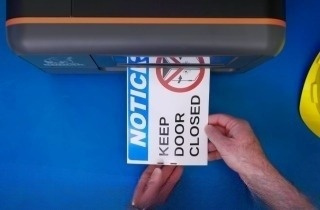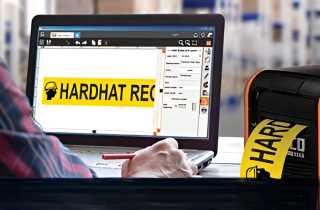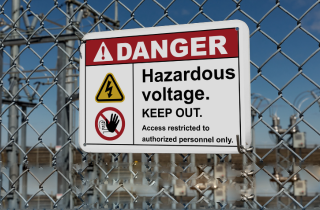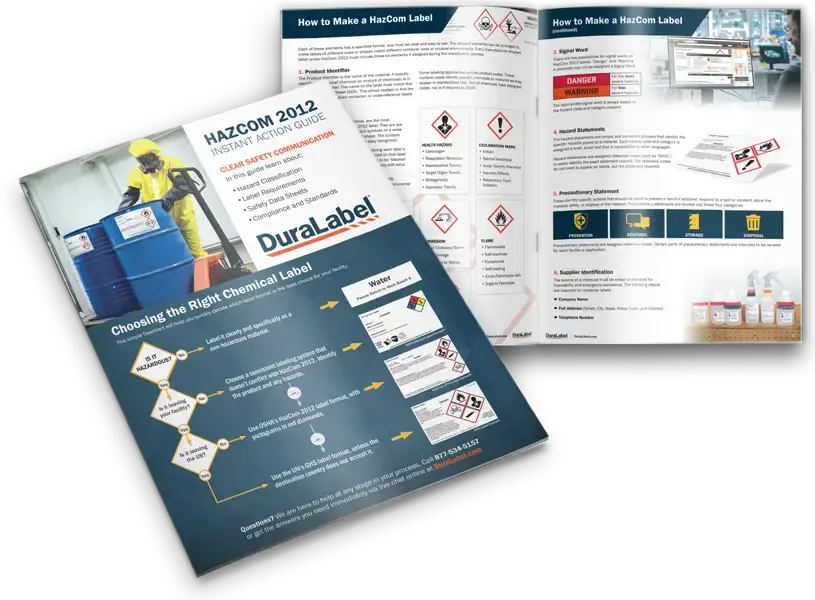NFPA 704 Diamond Guide

What Do the Numbers and Colors on an NFPA 704 Diamond Mean?
The NFPA 704 diamond uses four color-coded sections and numbers from 0 to 4 to show health, flammability, instability, and special hazards. Higher numbers indicate greater risk. This system helps workers and emergency responders quickly interpret an NFPA 704 diamond and identify the flammability rating and other key hazard concerns at a glance.
The sections below explain how the NFPA triangle is arranged, what each color and number means, and how to interpret flammability rating values in real facilities:
-
How the NFPA triangle is structured and what each color represents
-
What the 0 to 4 numbers mean for health, flammability, and instability
-
How to interpret the flammability rating for common materials
-
When NFPA 704 diamonds are used and where to post them
Next, we will break down the NFPA triangle layout and what each colored quadrant represents.
What is NFPA 704?
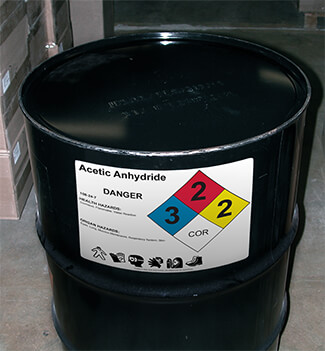
NFPA 704 is a supplementary labeling system for identifying hazardous materials specifically for emergency responders. Facilities are only required to use NFPA 704 labels when a federal, state, or local regulation or code requires them to be used.
NFPA 704 defines a visual system that enables emergency responders to quickly determine if a facility contains flammable, unstable, or hazardous chemicals, as well as understand the severity of those hazards. NFPA 704 labels also show other characteristics of materials, such as unusual reactions to water. This is particularly important for firefighters because fighting a chemical fire with water can make the situation more dangerous.
These NFPA 704 hazard ratings are displayed using what is commonly referred to as the "NFPA hazard diamond."
What Does the NFPA 704 Hazard Diamond Look Like?
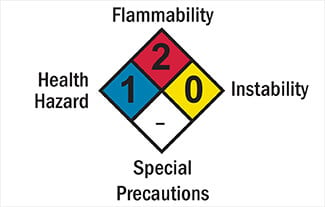
The NFPA 704 diamond is divided into four smaller diamonds, each a different color. Each of the smaller diamonds provides information about a characteristic of the material:
- Blue gives the health hazard rating
- Red shows the flammability rating
- Yellow provides the instability rating
- White gives special precautions
The blue, red, and yellow diamonds will have a number between 0 and 4. These indicate the degree of hazard, with "0" indicating no hazard and "4" an extreme hazard. The higher the number, the greater the hazard.
Learn how to choose the right degree of hazard for your labels with the NFPA Diamond Label Chart by Duralabel, and discover which Personal Protective Equipment (PPE) may be needed to stay safe in an emergency.
NFPS 704 Diamond White Symbol Meanings
A numerical ranking system is not used in the white section of the NFPA 704 diamond. While you may see a variety of symbols in the white area, NFPA 704 defines three symbols that must be used on the NFPA triangle:
W indicates a material that reacts unusually strong with water, which means that the material will explode or burn violently when exposed to water. Some examples include:
- Potassium
- Magnesium
- Rubidium
- Cesium
OX indicates a material that reacts violently with oxygen. Typically, oxidizers make fires more intense and make them spread faster, and cause explosions without being exposed to sparks or flames. Common oxidizers include:
- Ammonium nitrate
- Ketone peroxides
- Bromates
- Chromates
SA indicates a simple asphyxiant gas that reduces or displaces oxygen. This warns emergency responders that they should wear respiratory protection or test the air before entering. Common asphyxiant gasses include:
- Nitrogen
- Helium
- Neon
- Argon
- Krypton
- Xenon
The white diamond is especially important because it helps draw attention to hazards that would not otherwise be apparent.
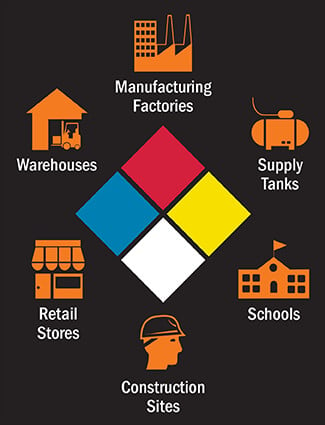
Where is the NFPA 704 Hazard Diamond Used?
The NFPA 704 hazard diamond is a standard placard, sign, or label that identifies the level of chemical hazard at fixed locations, including warehouses, manufacturing facilities, construction sites, and other facilities. The NFPA 704 hazard diamond is often placed on storage containers, large propane tanks, and next to entryways, so responders will be aware of the hazards they may face.
While this supplementary system offers an effective way to assist emergency responders in identifying and responding to hazardous chemicals, facilities are required to follow regulations established by OSHA. According to OSHA NFPA labels may be used in addition to OSHA's HazCom 2012 as long as they do not conflict with those requirements.
Solutions for NFPA 704 Labels
Take the next step in safety with effective visual communication. Duralabel' line of DuraLabel printers enable facilities to print lasting NFPA 704 labels, powerful safety messages, and more.
Create and print labels when and where you need them with DuraLabel Toro. For those big jobs, the standalone printer enables you to print continuously for three hours without a power cord or computer with the optional battery.
Make sure your facility communicates chemical hazards and keeps your workers safe. Download our NFPA Label Chart below.
Related Resources

Arc Flash Labeling Essentials for Industrial Facilities & Field Teams
What Makes Arc Flash Labeling Essential for Electrical Safety? A loud explosion. A sudden flash of blinding ...
Read
The Overlooked Fix That Improves Electrical Panel Safety
How Do Electrical Panel Labels Improve Safety and Compliance? Electrical panels are essential to every ...
Read
From Flash to Ash: Understanding Arc Flash Hazards and Prevention
What is Arc Flash? When it comes to electrical safety, arc flash is one of the most dangerous—and most ...
Read.png)

